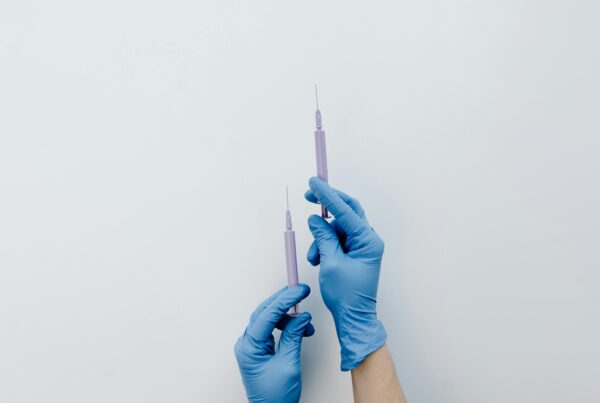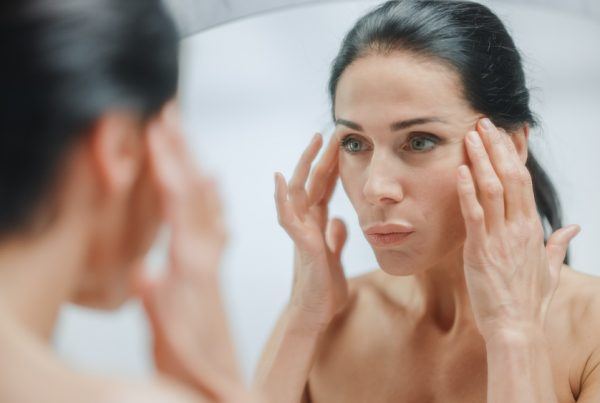Another edition of Wednesday Wellness has arrived, where we aim to bring you the best expert advice on health, wellness, beauty, and longevity. This week, we spoke to Dr. Fayne Frey, M.D., a board-certified clinical and surgical dermatologist who has been in practice for over three decades. She spoke to us about her book “The Skincare Hoax“, gives us a few skincare tips, and educates us on the role media is playing in the skincare products we’re using.
Why The Skincare Hoax?
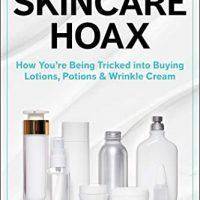
The Skincare Hoax
Although skincare is an absolutely fabulous industry, all too often, the marketing for skincare products sends the message that you are inadequate, you need to look different, you need to look younger, your appearance is flawed.
Dr Fayne Frey believes you’re perfect the way you are, and so should you.
Available on multiple eCommerce sites that sell books, Dr. Frey takes her 30+ years of experience in dermatology and distills it into an informative book to educate consumers on skincare, and its industry. She aims to dismantle misinformation in the industry and “disingenuous marketing”, which leads to mass confusion.
In conjunction with this is her website FryFace.com, which “clarifies and simplifies the overwhelming choice of effective, safe, and affordable products encountered in the skincare aisle.”
A simple skincare regimen, one with products that benefit your skin health based on science is best.
In this interview Dr Frey’s key takeouts are:
Many skincare products have no proven benefit and may even be harmful to your skin. All you need for optimal skin health is a well-formulated moisturizer and sunscreen.
You do not need to spend a lot of money to optimize your skin health and appearance.
She says, “There is no correlation between the cost of a skincare product and its effectiveness. Safe, effective and affordable skincare products are available at local pharmacies and drugstores.”
Dr. Frey describes the industry as being “full of blind items.” The average consumer can be confused by ingredients such as isopropyl, myristate, and triethanolamine. Products that contain ingredients the average consumer doesn’t understand are called blind items.
Unless one researches these ingredients themselves to find out what they do, they rely on marketing ads, which isn’t a wise thing to do. As Dr. Frey says, “…they’re advocating for themselves, so nobody’s advocating for the consumer.” This is one of her objectives; to advocate for the consumer, let them know what’s really happening in the industry, and what they’re putting on their faces.
Skin functions better when it’s hydrated.
The skin is the largest organ in our body, designed to protect us from outside elements such as bacteria, mold, fungus, allergens, and the ultraviolet light of the sun. It performs these functions best when it’s kept moisturized, and you can’t talk about moisturizers without mentioning sunscreen.
“The one product that I know is based on science… that is beneficial is sunscreen.”
Dr. Frey advocates for this “because the most damaging effect on the skin is from sun exposure through its ultraviolet light.” Using sunscreen is very important, as this can help lower your risk of skin cancer and sun damage.
More expensive skincare doesn’t mean more effective
In a world where there is a misconception that the more expensive something is, the more effective it is, Dr. Frey states that “there’s no correlation between what you pay and how well a product works.” Despite that wrinkle, pimple, or pigmented spot, “a simple skincare regimen is really all you need.”
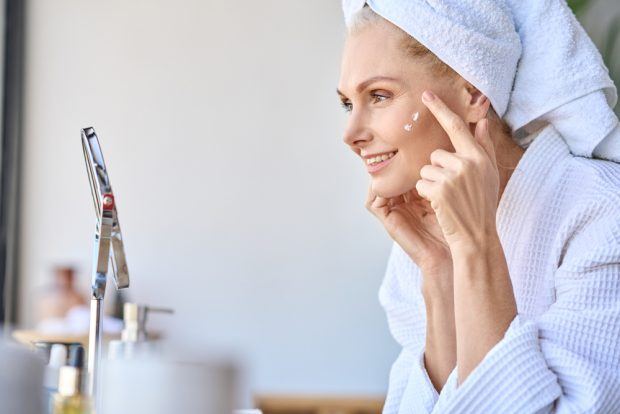
Ground Picture/Shutterstock
Cleansers strip the skin of the lipids and proteins needed to keep it hydrated, and the results can be dire if one uses alcohol-based toners, or chemical-filled soaps and facial washes. This goes to show that sometimes, less really is more, especially with your skincare routine.
Healthy Lifestyle, Healthy Skin
Healthy skin mimics a healthy body, and a healthy body is optimized by a healthy lifestyle. According to Dr. Frey, the best ways to obtain this includes regular exercise, ensure you get enough sleep, and having a good, nutritious diet (again, you are what you eat).
Diet Impacts your Skincare
What you eat plays a role in the quality of your skin. For example, sugar influences the two major causes of acne: inflammation and hormones. Dairy contains precursors to testosterone and androgen, which influence hormone receptors in the skin that lead to acne.
High glycemic foods cause rapid spikes in blood sugar levels, and when this happens, it leads to increased oil production, leading to acne.
The Dawn of Mindful Consumers
Her main objective is to help us become mindful consumers, and through her website and her book, that’s what’s happening.
MAIN IMAGE CREDIT: Orawan Pattarawimonchai/Shutterstock
Watch the interview
To hear more from this interview, from Dr. Fayne Frey watch the full video below:
View this post on Instagram


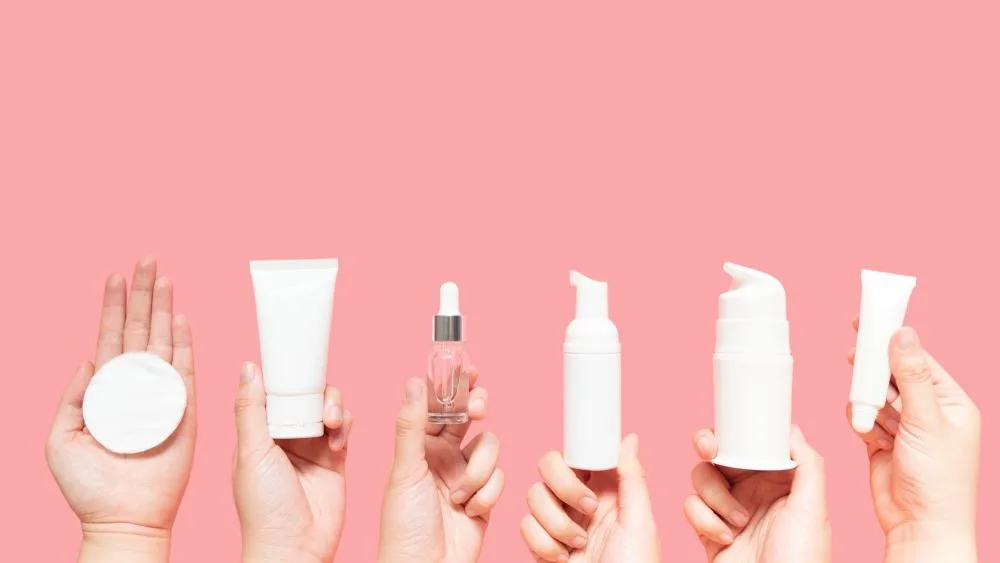


![women [longevity live]](https://longevitylive.com/wp-content/uploads/2020/01/photo-of-women-walking-down-the-street-1116984-100x100.jpg)





